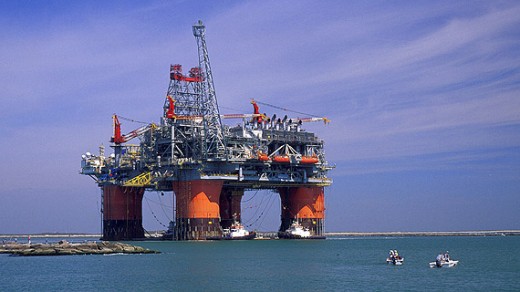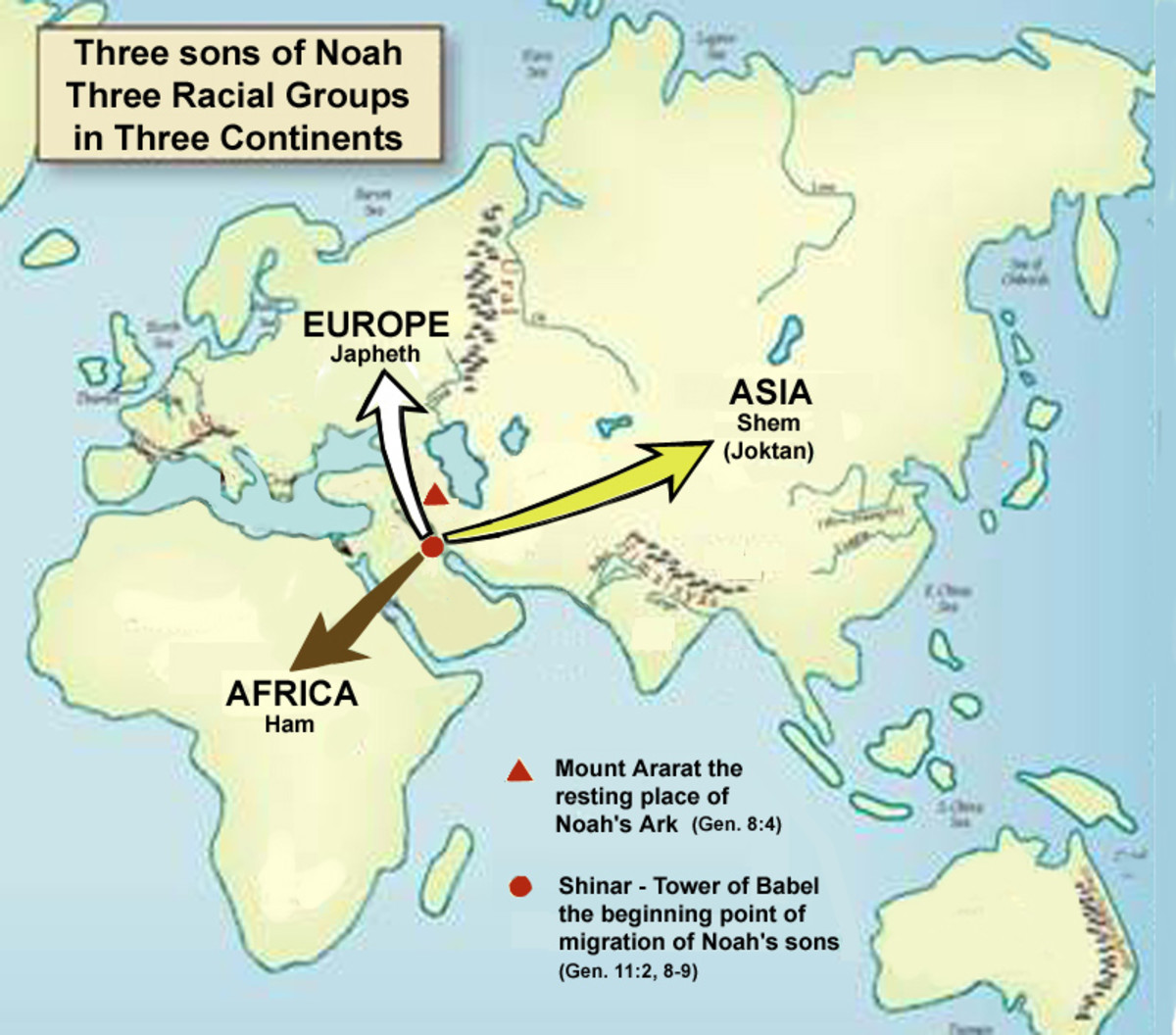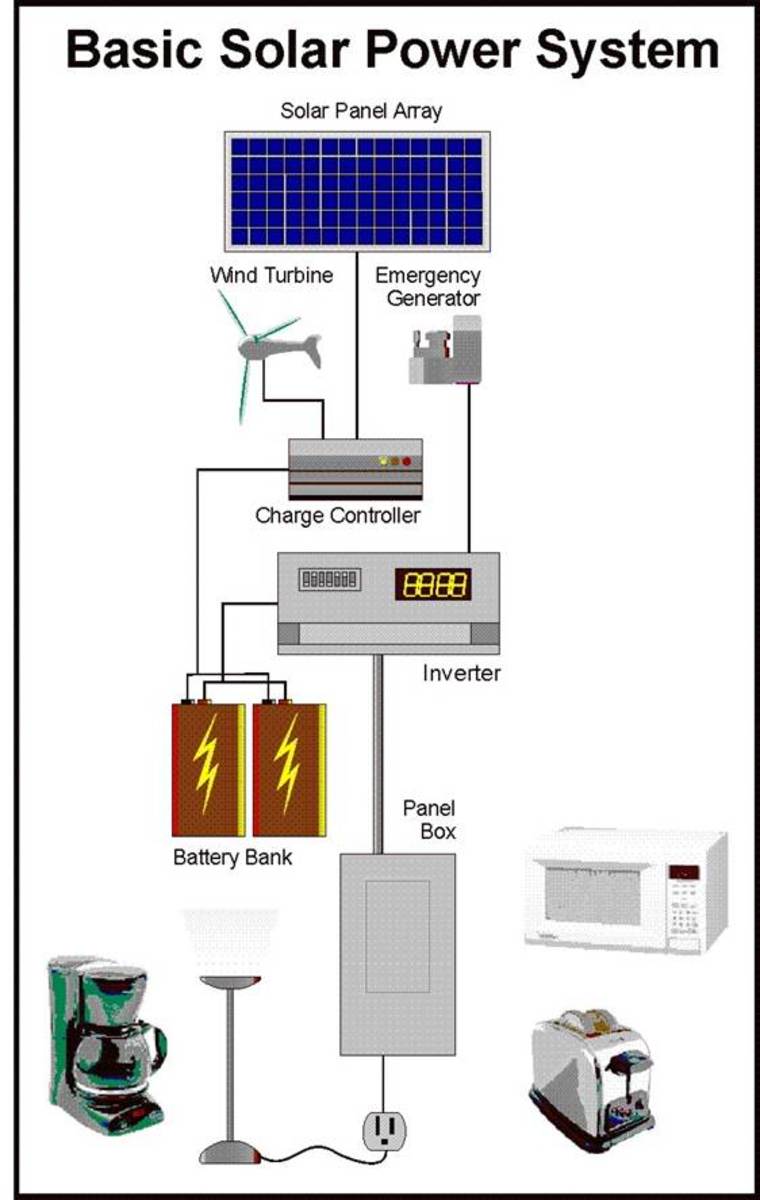Surviving the African oil and gas industry

African oil producing states have laudably improved legislations to facilitate the award of petroleum licences to indigenous investors, with the lofty objective of allowing domestic enterprises dominate business opportunities in the oil and gas industry.
Although international oil companies (IOCs) still tower above in engineering, material supplies and maintenance activities across many oil-rich African countries, local operators have made encouraging inroads over the years into the two major components of the sector known as upstream and downstream, which respectively refer to production and distribution.
Nigeria, the continent’s number one petroleum producer with a capacity of about 2.5 million barrels per day (bpd) and proven reserves of about 35 billion barrels, has set an enviable example in empowering local enterprises through the Local Content Act – an affirmative action which gives preference to local and indigenous oil firms over foreign companies.
This has resulted in technology transfer and greater retention of proceeds from oil exploration and sales within Nigeria, as well as in Angola, Africa’s third oil producer with a capacity of 1.9 million bpd, where more than fifty local companies operate in pipelining, well and transportation support services and in the commercial and retail sector.
However, experts estimate the participation of local investors in Nigeria's oil and gas sector to be around 40%, the highest though on the continent, with most white-collar jobs in engineering, materials and maintenance works still filled by foreign workers and overseas suppliers.
The case is worse in the new and emerging oil producing countries in Africa such as Equatorial Guinea with 360,000 bpd, Uganda and Chad, where the framework of the domestic content policy still lacks feasibility, limiting access for local companies, which are yet to meet the stringent quality and safety standards required to start and survive.
Ghana, which began commercial production of oil in December 2010 following the discovery of its largest oil field, the Jubilee Oil Field, forecasts the achievement of up to 90% local content participation by the year 2020. But only very few of the registered two hundred local enterprises have begun operations two years later and this is due to lack of adequate push from the authorities, an energy expert says.
“There is still no clear definition of the Local Content Act in Ghana and the whole framework meant to govern the oil and gas industry is not in place which makes me feel we’ll not be able to build enough capacity by 2020,” Kwame Jantuah, a member of the Ghana Civil Society Platform on Oil and Gas, said in an interview with New Biz Africa.
“For now, ancillary jobs and jobs in the services sector are what Ghanaians are grabbing and not really intensive investment,” he added.
This is in some way analogous to the situation in North Africa – Algeria, Libya and Egypt - home to the continent’s largest oil and natural gas reserves, where unsophisticated infrastructure coupled with little legislative framework continue to hamstring the development of local capacity.
Only Libya has adopted a more stringent local content requirements compared to its neighbours. A law passed in 2006 requires foreign investors to establish joint ventures with local companies, which are required to take at least a 35% stake in the joint venture. However, high-level corruption has hindered derived wealth from trickling down to local investors, a victim says.
“Before the 2011 war, my company and others used to collaborate healthily with the more than fifty IOCs present in the Libyan market and together with subsidiaries of the Libyan National Oil Corporation, but what we spend as kickbacks on contracts weighed heavily on our profits, causing some to fold up,” said Omar Salama, a Tripoli-based oil dealer, who asked for his company’s name not to be mentioned for security reasons.
Besides, the basic problem of local investors lies within financial and human capital, one strategist points out.
“Oil business is capital intensive and African companies have paucity of fund to favourably compete against their foreign counterparts,” Emeka Chiakwelu of US-based Africa Political and Economic Strategic Center (Afripol) said.
“These local firms also lack trained and skilled labour especially in the field of advance engineering and technology. Fund, intellectual property development and skilled human capital are the basis of oil business.”
However, West Africa’s energy giant Oando Plc is one of the indigenous enterprises that has been able to survive these realities and now challenges some IOCs in the acquisition of upstream assets and operations in the business. The firm recently raised more than $140 million by selling shares in the capital market and used to finance its ventures in the energy sector.
Twenty years ago African oil investors were as scarce as hen's teeth, but are gradually getting their feet on the ground and will likely abound in the near future.






